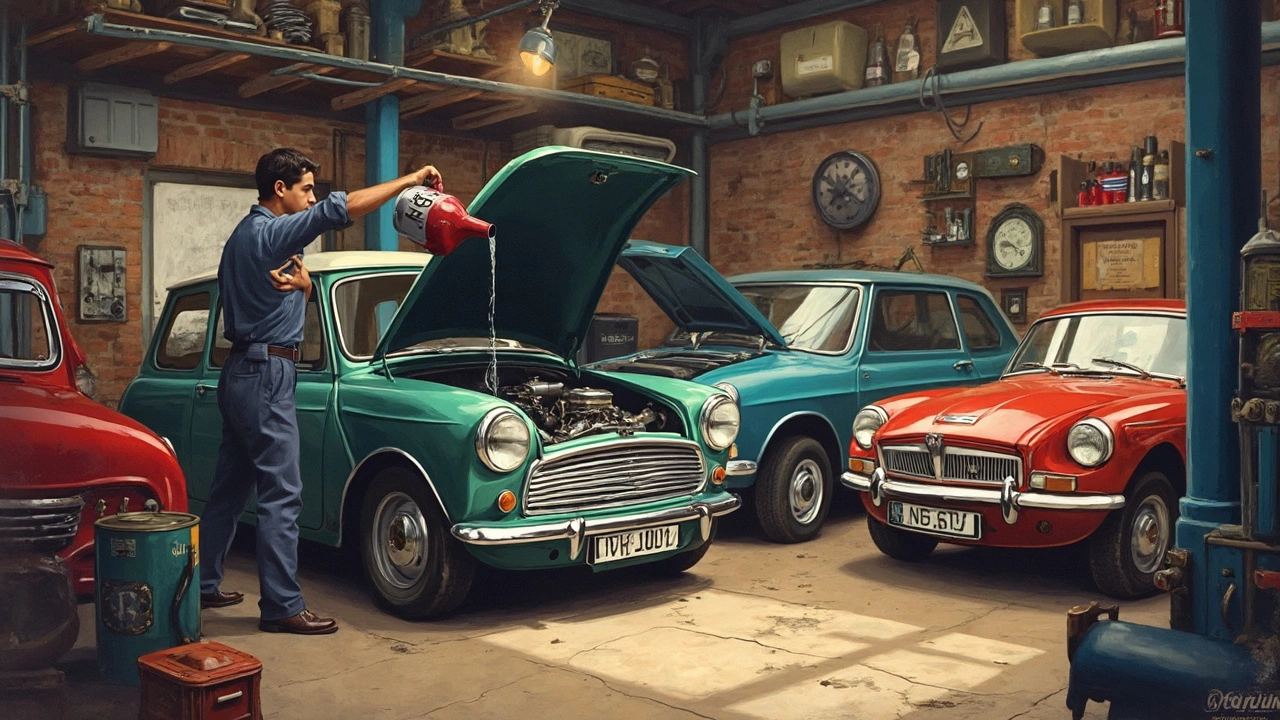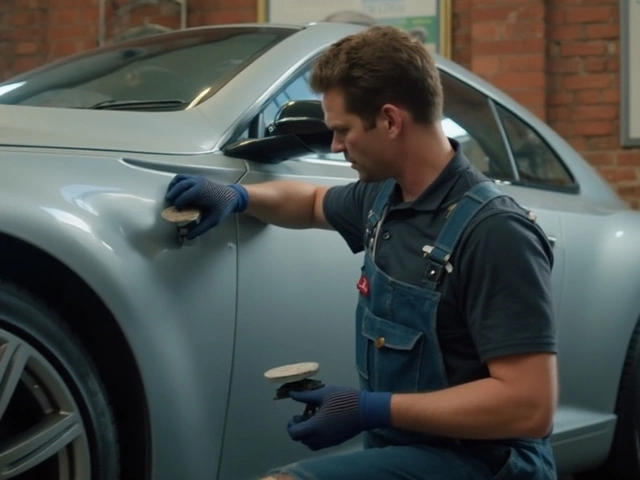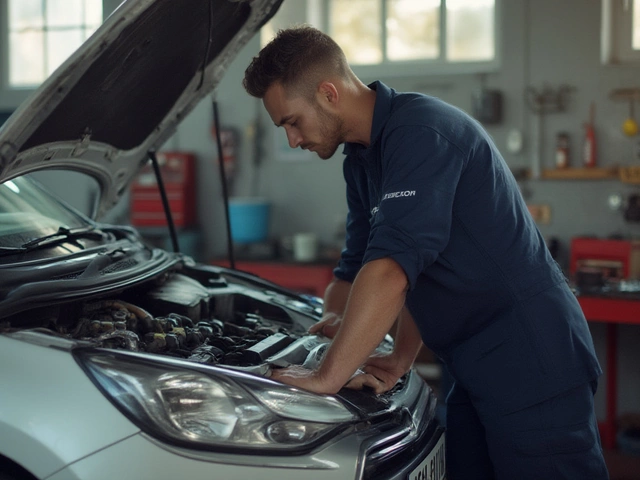Lubrication – Simple Tips to Keep Your Car Running Smooth
Every driver knows a clean tyre makes a safer ride, but lubrication is just as vital. Without the right oil and grease, engine parts grind, brakes squeal, and suspension wears out fast. Below you’ll find easy‑to‑follow advice that helps you stay on top of lubrication without needing a mechanic for every little thing.
Why Proper Lubrication Matters
Think of oil as the blood that carries life through your engine. It reduces friction, cools hot components, and washes away tiny particles that could cause wear. The same goes for greases on wheel bearings, CV joints, and even door hinges – they stop squeaks and stop metal from grinding together.
If you skip oil changes or ignore a grimy bearing, you’ll notice decreased performance, louder noises, and eventually higher repair bills. A well‑lubricated car runs smoother, gets better fuel mileage, and lasts longer. That’s why a quick check of oil level and condition should be part of your regular routine.
Quick DIY Checks and Maintenance
Start with the engine oil. Pull the dipstick, wipe it clean, re‑insert, then pull again. The oil should sit between the two marks and look amber, not dark or gritty. If it’s too low, top it up with the type your owner’s manual recommends – usually 5W‑30 or 10W‑40 for most UK cars.
Next, look at the oil filter. It should be changed every time you refill the oil, unless you use a long‑life filter that specifies a longer interval. Swapping the filter is cheap and takes less than ten minutes – just unscrew the old one, smear a little fresh oil on the new gasket, and screw it in.
Don’t forget the chassis. Wheel bearings and CV joints have grease fittings that you can poke with a grease gun every 30,000 miles or when you hear a growl while turning. A quick spray of high‑quality lithium grease does the trick and prevents rust.
For brakes, the caliper pistons sometimes need a bit of silicone‑based grease on the slide pins. This stops the pistons from sticking and keeps the brake feel consistent. If you’re unsure, a quick visit to Northwich Tyres Centre can get it done in minutes.
Lastly, keep an eye on the transmission fluid (if you have a manual). It should be checked with the engine warm and on level ground. Dark, smelling fluid means it’s time for a change. A fresh batch keeps the gears shifting cleanly.
When in doubt, ask yourself: does the car sound different? Is there a new noise when you turn, accelerate, or brake? Those clues usually point to a lubrication issue.
If you catch a problem early, a simple oil or grease top‑up can save you a costly overhaul. But if you notice persistent noises, overheating, or leaks, it’s best to bring the car into Northwich Tyres Centre. Our technicians can flush, replace, and repack all the critical lubricants, ensuring everything runs like new.
Remember, good lubrication isn’t a one‑off task – it’s a habit. Keep a schedule, note the mileage, and treat your car to a quick oil check every few weeks. Your engine will thank you with smoother rides, better fuel economy, and fewer surprise repairs.
Ready to give your car the TLC it deserves? Drop by Northwich Tyres Centre for a comprehensive lubrication service, or grab a bottle of the right oil and a fresh filter from our shop and do it yourself. Either way, staying on top of lubrication is the cheapest way to protect your investment.
 14 April 2025
14 April 2025
Understanding Engine Oil: What It’s Really Used For
Engine oil is more than just a lubricant; it’s vital for reducing friction, cooling engine parts, and protecting against wear and corrosion. Without it, engines would overheat and seize up. Different types of oil cater to different engine needs, from synthetic to high-mileage formulas. Regular oil changes are essential for the longevity and efficiency of your vehicle.
Tags
- car maintenance
- engine oil
- spark plugs
- brake pads
- engine performance
- vehicle maintenance
- spark plug replacement
- windshield wipers
- fuel pump
- suspension parts
- clutch replacement
- oil change
- clutch kit
- car suspension
- car performance
- air filters
- car radiator
- exhaust systems
- fuel pump replacement
- engine misfire






0